Possible article:
What Are the Crises in the Universe?

The universe, comprising all existing matter, energy, and space, is full of wonders and mysteries, yet it also faces various crises that pose challenges to our understanding, survival, and exploration. Some of these crises are natural phenomena beyond human control, while others are human-made or anthropogenic risks that arise from our actions or technologies. In this article, we will survey some of the major crises in the universe, from local to global scales, and from physical to ethical dimensions.
One of the most immediate crises that we face as inhabitants of the universe is the lack of resources on our planet, Earth. Despite being a relatively small and abundant planet compared to others, Earth has finite supplies of essential resources such as water, food, energy, and minerals. The increasing human population, consumption, and pollution have depleted and degraded many of these resources, leading to conflicts, migrations, and health problems. Furthermore, the extraction and use of non-renewable resources like fossil fuels and nuclear materials have created risks of accidents, pollution, and global warming that threaten not only our own survival but also the stability of the Earth's systems, such as climate, biodiversity, and geology.
Another crisis that affects not only humans but all living beings in the universe is the spread of diseases, pathogens, and pests. The history of life on Earth is largely shaped by the evolution and transmission of microorganisms that interact with their hosts and environments. Some of these organisms are beneficial or harmless, while others are pathogenic or parasitic, causing illnesses, deaths, or extinction. The emergence and outbreak of new diseases, particularly those that cross species barriers or evolve resistance to antibiotics, vaccines, or other therapies, pose a serious challenge to public health, biosecurity, and biodiversity. Similarly, the invasion and proliferation of alien species or pests that disrupt ecosystems, agriculture, or tourism, can have devastating effects on local communities and economies.
Moving beyond Earth, we face various crises in the solar system, such as the depletion and contamination of resources on other planets or moons, the impact and mitigation of asteroids or comets on Earth and other targets, and the regulation and exploration of space debris and satellite traffic. We also face crises in the galaxy and beyond, such as the search for intelligent life, the potential hazards and benefits of cosmic phenomena such as black holes, gamma-ray bursts, or supernovae, and the ethical implications of colonizing or terraforming other planets or systems.
Among the human-made crises in the universe, perhaps none is more urgent and challenging than climate change, the warming of the Earth's atmosphere caused by the accumulation of greenhouse gases from human activities, such as burning fossil fuels, deforestation, and industrial processes. Climate change not only influences the temperature, precipitation, and extreme weather patterns of the Earth, but also affects the ocean currents, sea levels, and ecosystem services that sustain life on the planet. The impacts of climate change, such as droughts, floods, hurricanes, wildfires, and species loss, disproportionately affect vulnerable populations and exacerbate social, economic, and political inequalities. Moreover, climate change also poses a risk of triggering feedback loops, such as the release of methane from permafrost or the weakening of the oceanic carbon sink, that could accelerate the warming and destabilize the Earth's systems beyond human adaptation.
Besides climate change, there are other human-made crises that affect the universe, such as nuclear war, bioterrorism, cyberwarfare, or artificial intelligence governance. These crises share the characteristics of being highly uncertain, complex, and interdisciplinary, requiring global cooperation, foresight, and innovation to prevent or mitigate their catastrophic consequences.
In summary, the universe is not a static or predictable entity, but a dynamic and diverse system that poses various crises to our existence and exploration. Some of these crises are natural and inevitable, while others are human-made and avoidable. Regardless of their origins or scope, these crises challenge us to learn more about the universe, to respect its laws and resources, and to collaborate with each other to safeguard our common future.

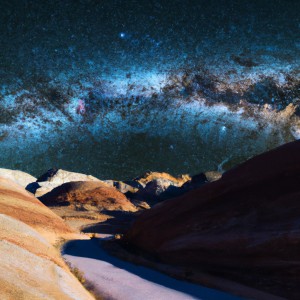
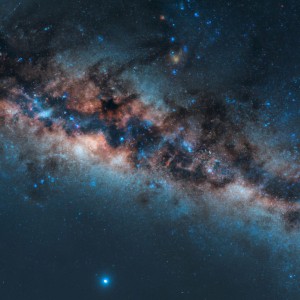



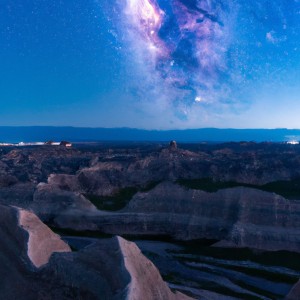


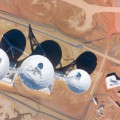
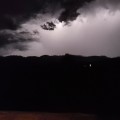

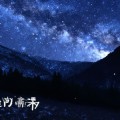
评论